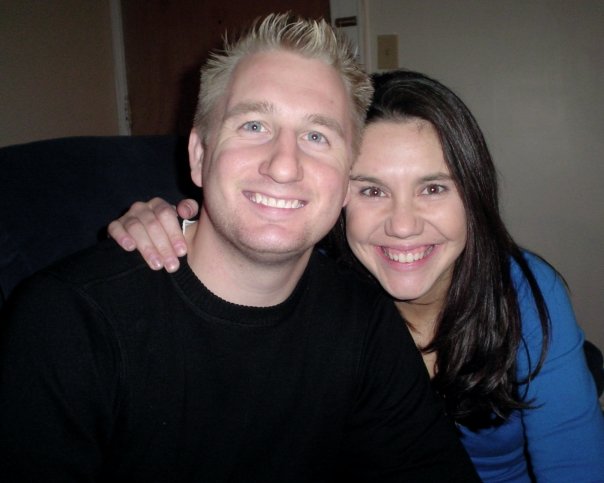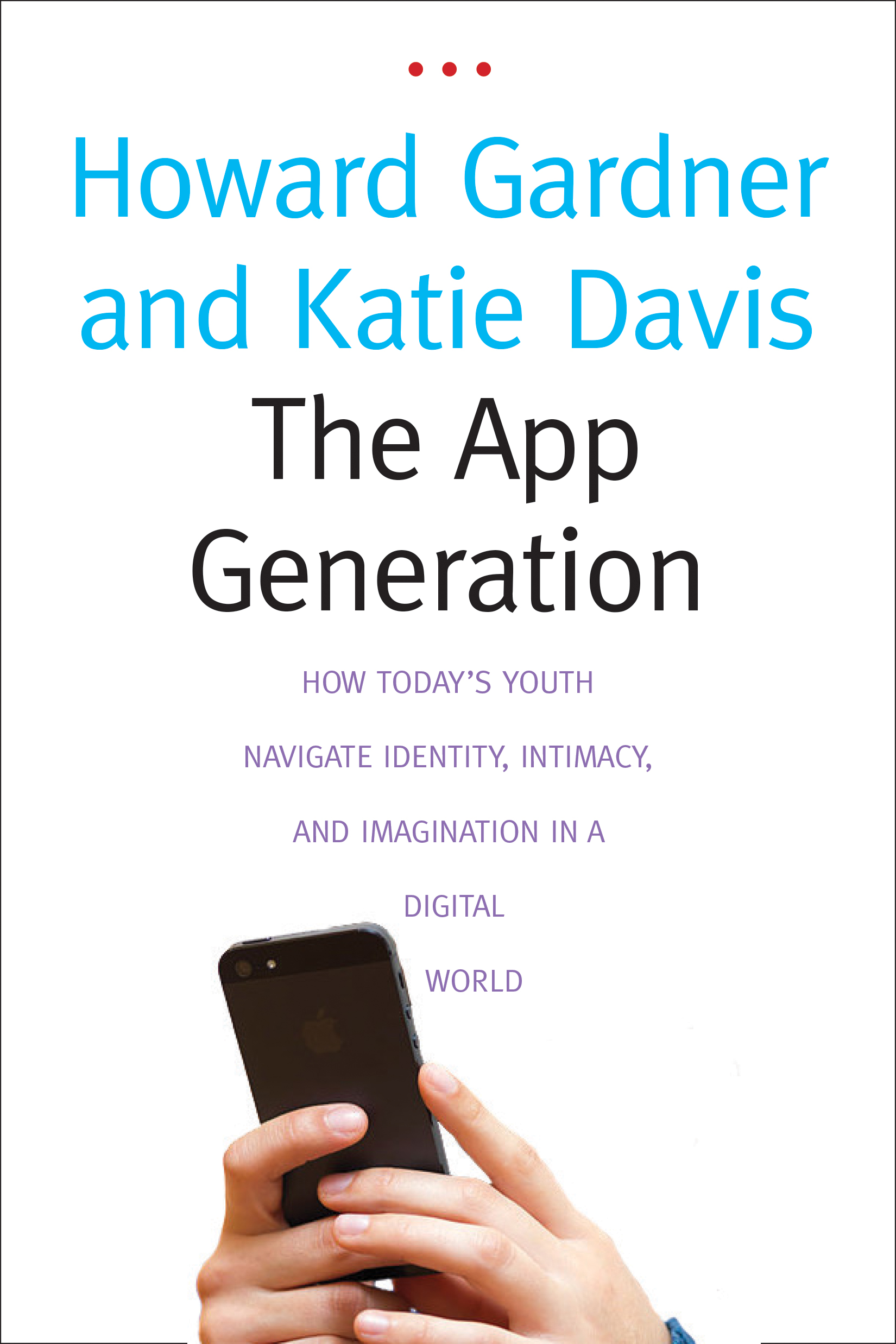“A lot of women grow up with the dream of getting married and having a child. I think Courtney hit the jackpot, because she is getting married to a child.”

This is the way John Giannone started out his best man speech at my wedding in May 2010. See, John is that guy who is a child at heart, will bring laughter to any room, and can hold a conversation with the best of them. And, he likes to give his closest friends and family a bunch of shit (I mean that in the nicest way possible).
John Giannone (the best man) is great with family members and new friends, and creating genuine conversations. Years later, he still remembers all of our FDU & Rutgers friends and he has the personality where he can join into any group setting.
John Giannone (the business man) is intellectual, hard working, and smarter than I’ll ever be. He’s great with numbers, contracts, and relationship building.
Believe it or not, John and I go all the way back before pre-school where we both attended the same reading hour at Franklin Library. However, our friendship didn’t start there. About 7 to 8 years later, I was put on the Cardinals (Coach B’s) little league team with John. At that point, we became teammates. We attended separate grammar schools and didn’t start becoming friends until freshman year of high school. We played soccer, basketball and baseball together, and started to hang out with the same group of guys who we still hang out with to this day (Russ, Garry, Dave, and Scott).
So, why am I writing about one of my best friends? Not to get all mushy here, but there are a lot of traits I admire about John and he also indirectly played a huge role in my starting of the Niche Movement.
I see John as having a perfect balance of book smarts and street smarts. He holds a Mechanical Engineering degree from Rutgers University where he was president of his fraternity (Phi Tau) and recently earn an MBA at NYU’s Stern Business School while working full time. At the same time, he can think quick on his feet to offer the perfect punch line to any joke. All his joking aside, he truly cares about the people around him and the people he meets.
So how did John help influence the Niche Movement?
He was lucky enough to meet an amazing woman two years ago, now girlfriend, Benee Williams (also a Scarlet Knight alum). Courtney and I now are lucky to call her one of our friends as well, but she’s more than that. In October 2012 after a Rutgers football game, we all came back to our house where we sat around a fire pit. Everyone was in some way complaining about money and their job unfortunately. At that point, I spoke up and said “I love my job and get to make a difference in young adult’s lives everyday.”
After continuing on and on while some of our friends still didn't get what I did, I explained how my passion lies in not only helping college students thrive while they are in school, but thrive in their twenties after graduation. I hated seeing talented, hard-working and deserving students lives come to a screeching halt after graduation. It could be a boss they hated, or a work environment that didn’t “click.” Maybe it was a side project they put off, or a graduate program that they weren’t in to. And they didn’t know what to do. They were stuck.
That is when Benee exclaimed, “Kevin, you’re trying to help them find their niche!” And that is when the light bulb went off. The next morning I couldn’t stop thinking about what she said as I wrote and brainstormed. That Sunday evening, I purchased the domain TheNicheMovement.com. The rest, as they say, is history.
How they inspired me:
You know that saying “Surround yourself with great people…” well I am lucky to have John and Benee as close friends. John is one of the very few that I will bounce ideas of off, accomplishments, or new ventures in this journey with the Niche Movement and he never questions it by saying things like “what if.” He always responds with “That’s awesome, man. Let me know how I can help.” That is how they inspire me. To know that I have a huge support system to dive into the unknown.
What they taught me:
To live in the moment, relax and have fun.
#Nichetip
An idea or project you are working on can come together when you least expect it. Don’t be afraid to share your passion with others around you, you never know who will help you go onto the the next step.
Oh, by the way, here is what you’ve all been waiting for: Intro to John’s best man speech















